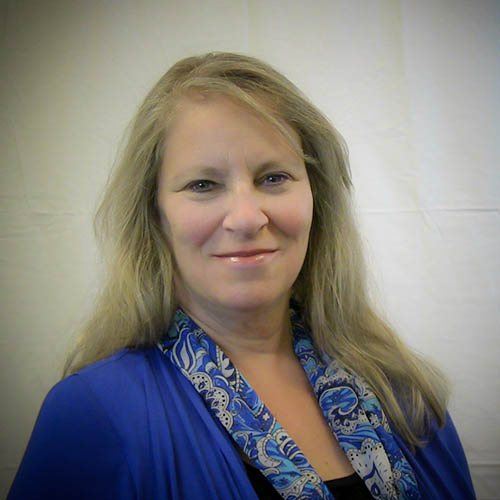Medical Marijuana ID Card (MMIC)
Qualified patients and their primary caregivers may apply for and be issued a medical marijuana ID card (MMIC) for State authorization to possess, grow, and/or transport medical marijuana in California. A MMIC identifies the cardholder as authorized to legally possess certain amounts of medical marijuana in California and under specific conditions. For more information on the state’s program, visit their website.
What is the process?
Make an Appointment
Call (805) 781-5514 to schedule an appointment.
Complete Forms
Print and complete the Application/Renewal Form (available in Español).
Gather Necessary Documents
Gather the following documents to bring with you:
- Proof of Identity (e.g. a valid driver’s license or other valid government-issued photo ID card.);
- Proof that you live in San Luis Obispo County (e.g. address on your photo ID, a recent utility bill, a recent rent/mortgage receipt).
- The original copy of your doctor’s recommendation (which states that you have been diagnosed with a serious medical condition and that the use of marijuana is recommended.) The recommendation letter must be issued to you within the last 4 months.
- Credit cards, cash, money order, or cashier’s check are accepted (make payable to County of San Luis Obispo Public Health Department). Please note: all fees are non-refundable, even if you are denied a card.
- Your MediCal or CenCal card, if applicable.
At Your Appointment
Your MMIC appointment could take up to an hour.
At your scheduled appointment, we will check your identification and proof of SLO County residency and review your completed application.
We will take a picture of you to be used on your MMIC.
You will pay for your MMIC at this time.
Most applications take about 7 days. If any information or documents are missing, this may delay your application.
When your MMIC is ready, we will call you to come pick it up.
Who is eligible?
This service is meant for qualified patients and their primary caregivers.
Is there a charge for this service?
The cost for this service is $89.00. For Medi-Cal or CenCal recipients, the fee is $44.50.
Application Forms
When and where is this service offered?
This service is offered at the Public Health Department (lower level), by appointment only. Please follow signs for "Birth & Death Certificates." Parking is available behind the building. Please contact us at (805) 781-5514 to make an appointment.
Location, directions and hours of operation
Click on location name to show hours of operation, directions and phone information
Monday - Friday 8-5
2191 Johnson Avenue
San Luis Obispo, CA 93401
Tel: (805) 781-5500
FAQS
Yes! Appointments are required for this service. Please contact us at (805) 781-5514 to set up a time to come in.
No. Participation in the MMP is voluntary.
You will need to discuss this with your attending physician. In order to qualify for the protections of Prop 215 and SB 420, you will need to be diagnosed with a serious medical condition. The diagnosis and your physician’s recommendation that the use of medical marijuana is appropriate for you must be documented in your medical records.
As long as all of the requirements from step 3 above are met and your physician can be contacted to validate your letter, the appointment can take as little as 15 minutes. However, the appointment can take up to an hour if there are problems with your paperwork.
12 months. A primary caregiver card will expire when the patient's card expires. Renewing a MMIC requires the same process as when you originally applied.
Once you submit your completed and signed application form with the required documents, it can take up to 35 days to receive your MMIC. Typical applications take approximately 7 days. If any information or documents are missing, this may delay processing your application.
Per Health and Safety Code Section 11362.77, a qualified patient or primary caregiver may possess no more than 8oz. of dried marijuana per qualified patient. In addition, a qualified patient or primary caregiver may also maintain no more than 6 mature or 12 immature marijuana plants.
The Medical Marijuana Application System does not contain any personal information such as name, address or social security number. It only contains the unique user ID number and when entered the only information provided is whether the card is valid or invalid.
A primary caregiver is a person who is consistently responsible for the housing, health, or safety of a qualified patient. A primary caregiver must be at least 18 years of age, unless the primary caregiver is an emancipated minor or the parent of a minor child who is a qualified patient. This may be an individual or the owner, operator or employee of an appropriately licensed clinic, facility, hospice, or home health agency.
A serious medical condition, as defined by SB 420, is any of the following: AIDS; anorexia; arthritis; cachexia (wasting syndrome); cancer; chronic pain; glaucoma; migraine; persistent muscle spasms (i.e., spasms associated with multiple sclerosis); seizures (i.e., epileptic seizures); severe nausea; any other chronic or persistent medical symptom that either substantially limits a person’s ability to conduct one or more of major life activities as defined in the Americans with Disabilities Act of 1990, or if not alleviated, may cause serious harm to the person’s safety, physical, or mental health.





